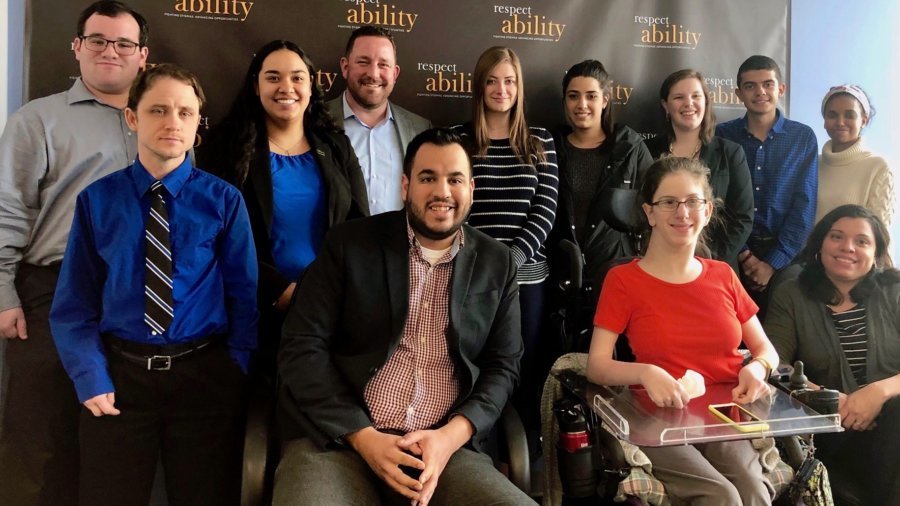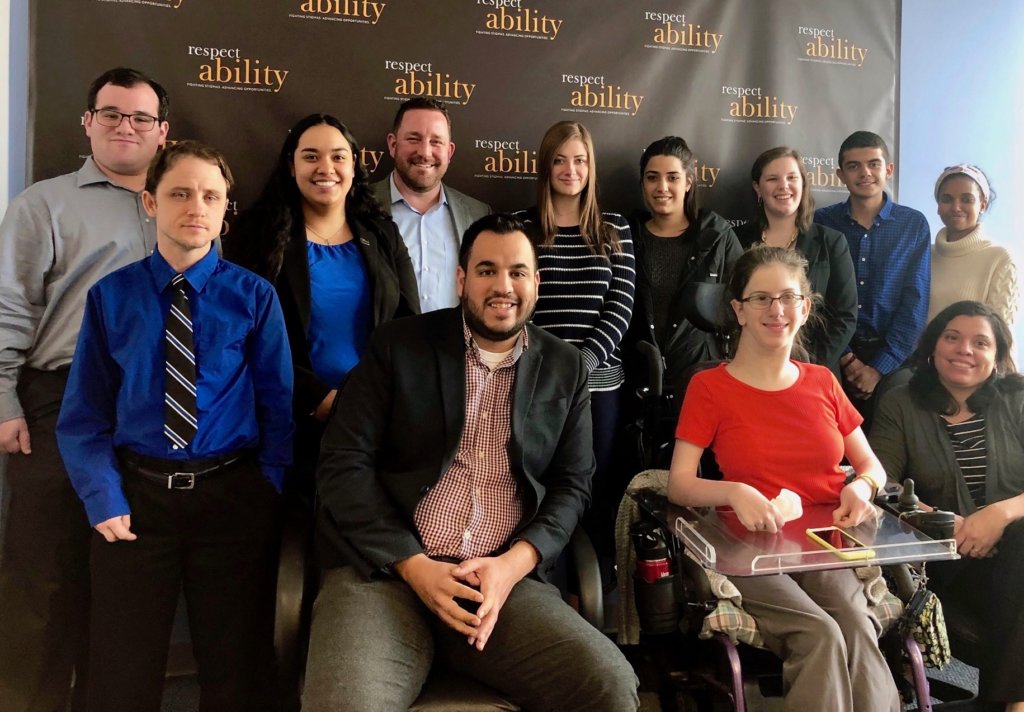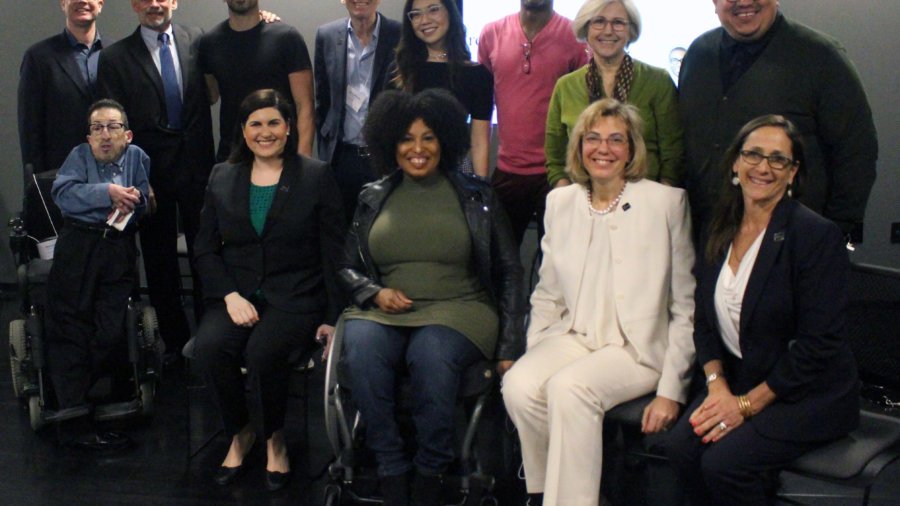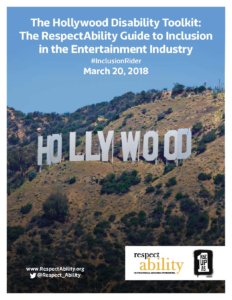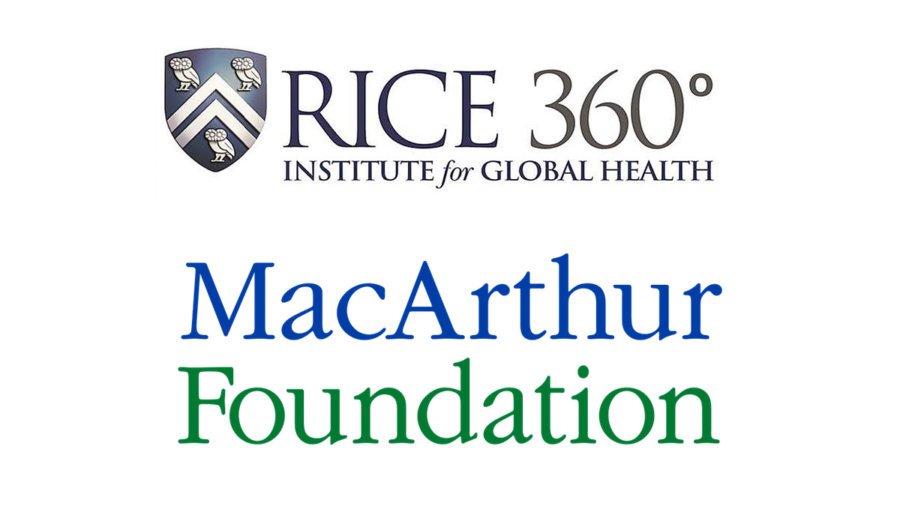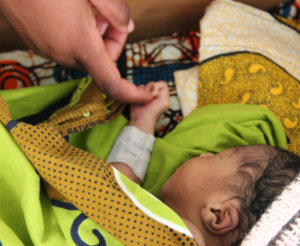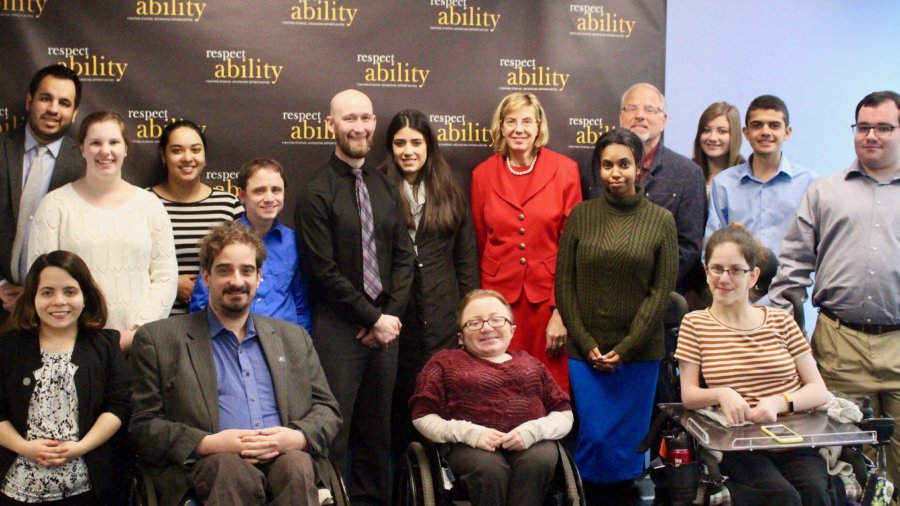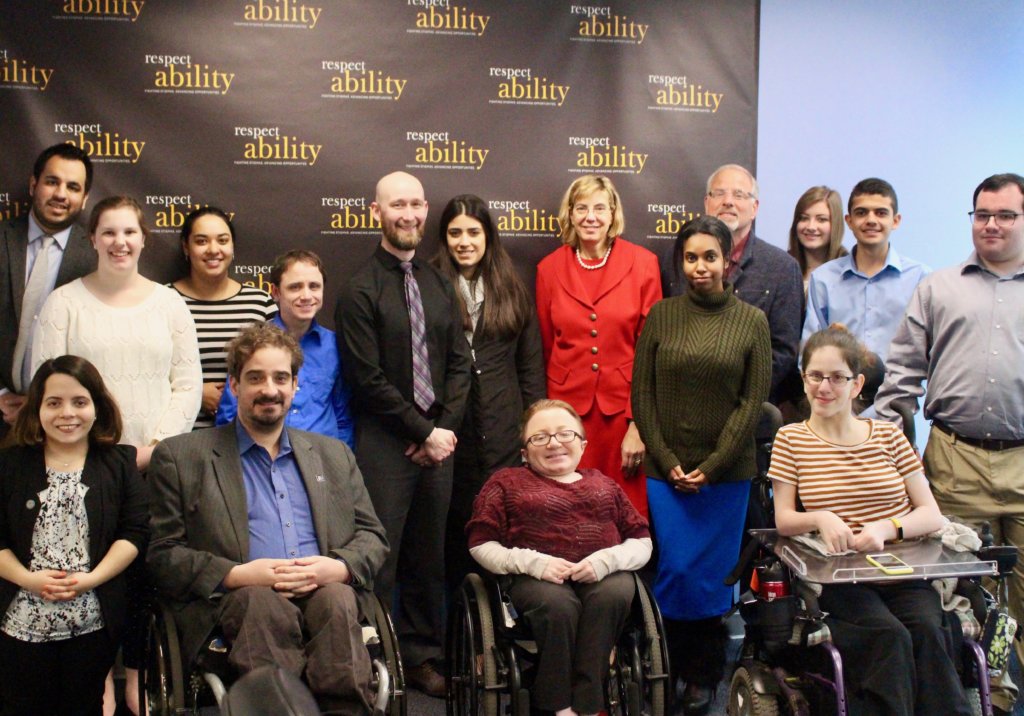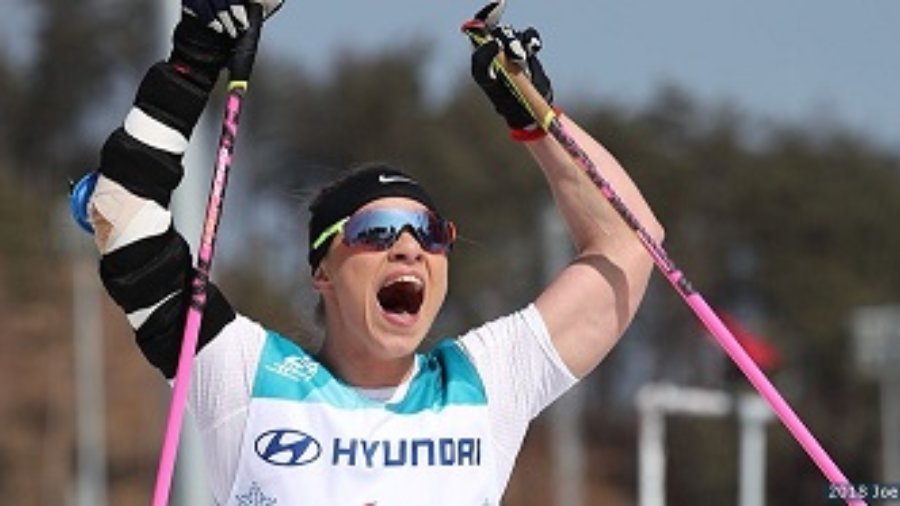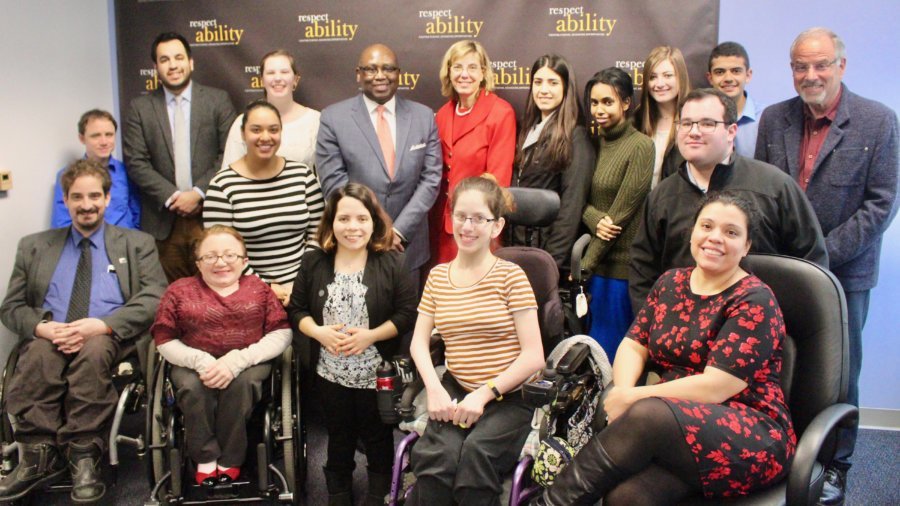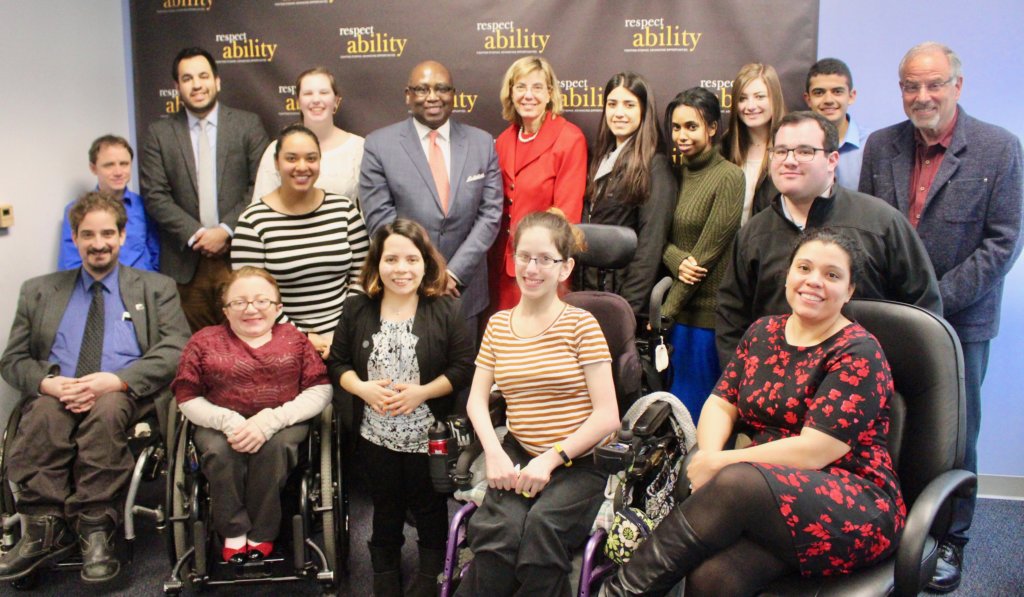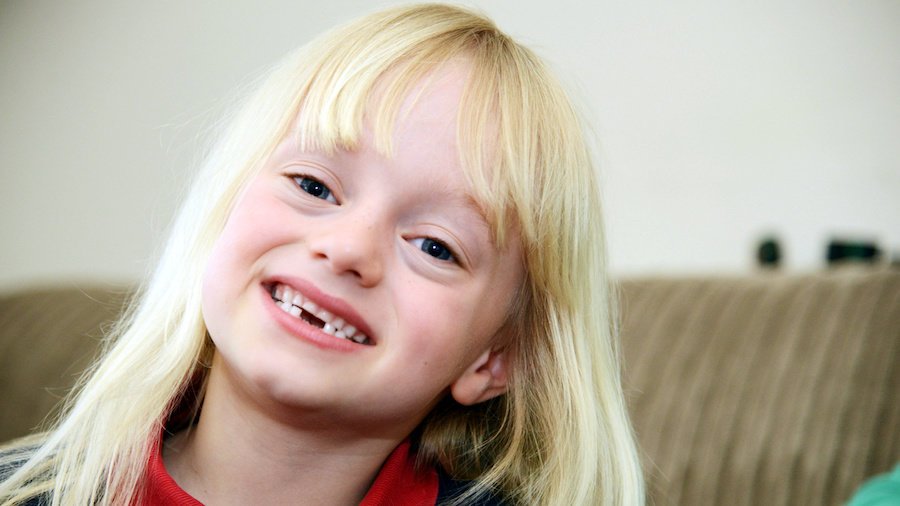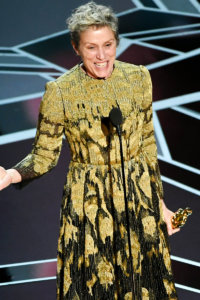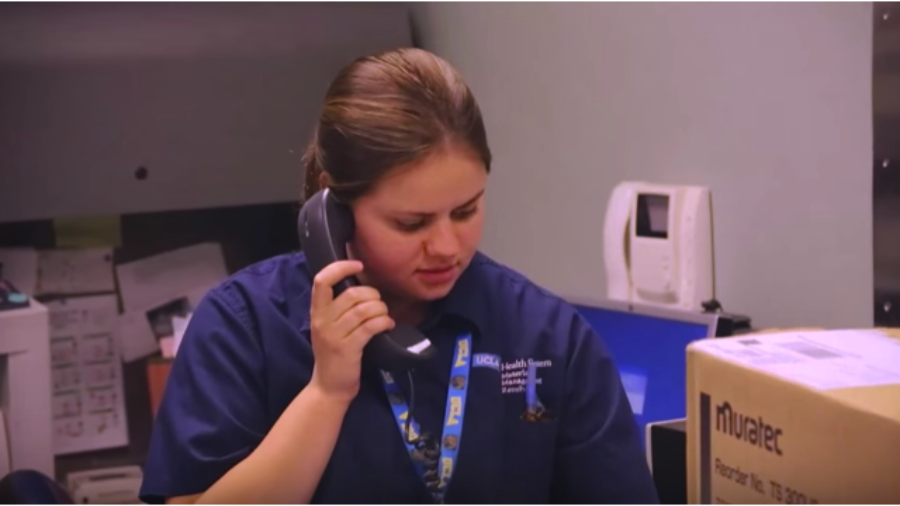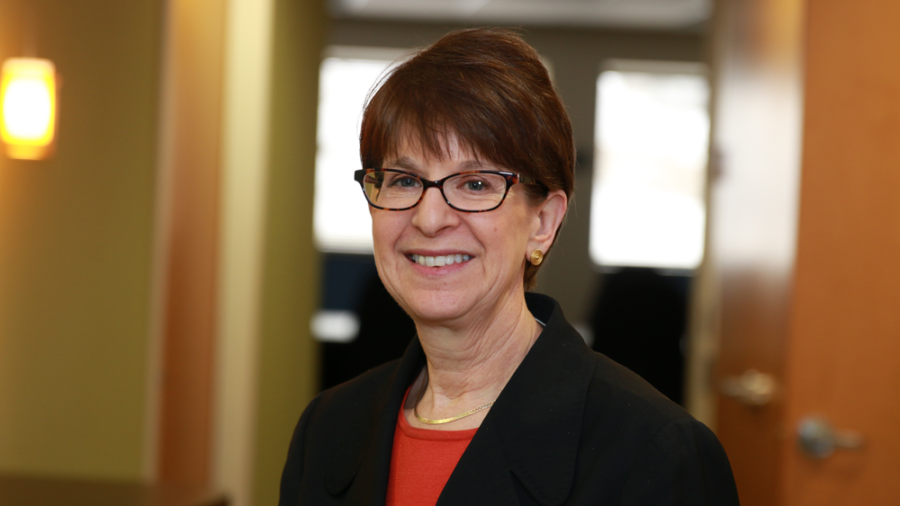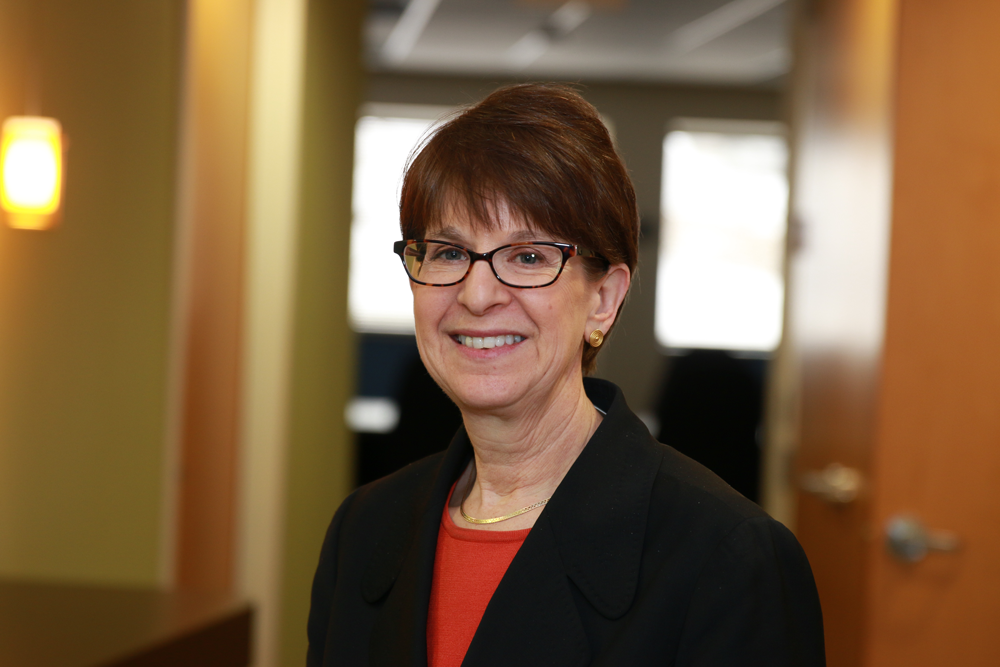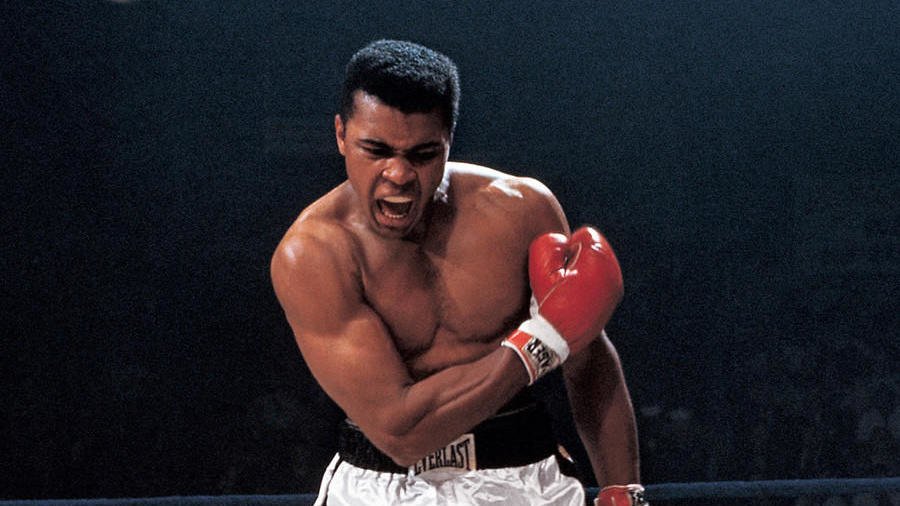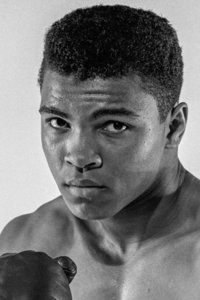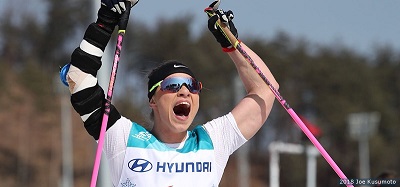 Oksana Masters reacts to winning the women’s sitting cross-country 1.1-kilometer sprint at the Paralympic Winter Games PyeongChang 2018 on March 14, 2018 in PyeongChang, South Korea.
Oksana Masters reacts to winning the women’s sitting cross-country 1.1-kilometer sprint at the Paralympic Winter Games PyeongChang 2018 on March 14, 2018 in PyeongChang, South Korea.Washington, D.C., March 15 –
Oksana Masters won a long-awaited Paralympic gold medal yesterday in a thrilling day of action that saw Team USA win three medals in the cross-country sprint. Masters, who already owned five Paralympic medals (two silver and three bronze) in rowing and Nordic skiing, grabbed the title of Paralympic champion for the first time in her career.
But Masters’ life did not start out easily. Like more than 3 million other children with disabilities around the world, she had been abandoned to an orphanage. Indeed, more than 80 percent of the more than 8 million children living in orphanages around the world have a living parent who would prefer to care for their child if they had the resources to do so. Children with disabilities are often placed in orphanages because of stigmas, poverty and their families’ inability to access basic services such as education or specialized assistance for children with disabilities. Research demonstrates that residential care has a negative impact on children’s cognitive, physical, emotional, and intellectual development. In addition, well-meaning people donate millions of dollars to orphanages, while funds spent on orphanages could support integration of ten times as many children into families and achieve better results.
Thankfully for Masters, she found a “forever family” in the United States who adopted and believed in her. Now, thanks to a major investment by the MacArthur Foundation, many other children with disabilities and others at orphanages around the world will also have a chance to have a permanent family and home. That is because the MacArthur Foundation joining a wave of enlightened philanthropists by asking finalists for its major 100-million-dollar challenge to include people with disabilities in their work. Their initiative, “100&Change,” is a competition for a $100 million grant to fund a single proposal that promises real and measurable progress in solving a critical problem of our time. Never before has a grant anywhere near this size asked grantees to address how they plan to assure access to benefits for persons with disabilities. [continue reading…]


